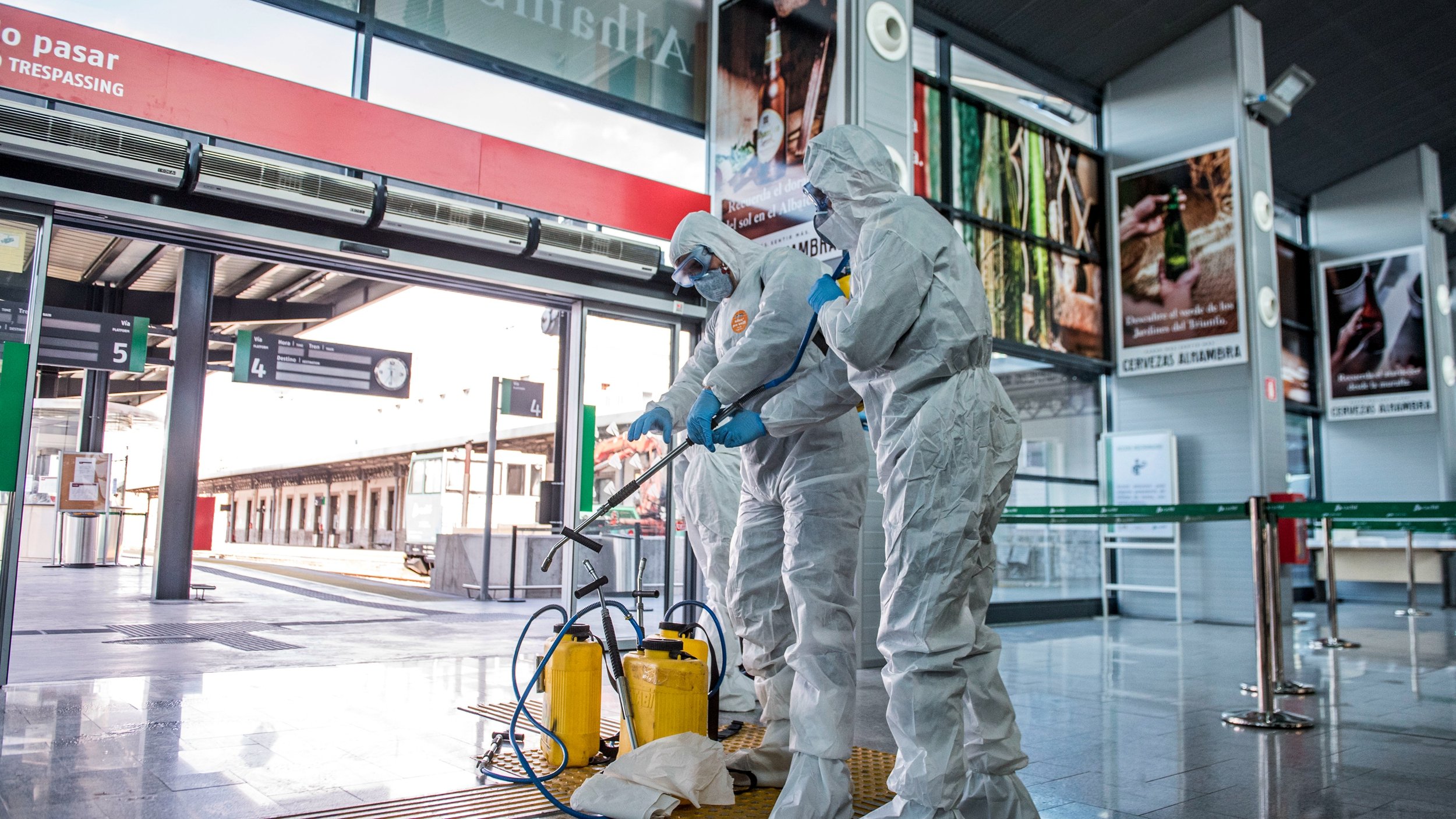
File photo
Another 738 people have died in Spain over the past 24 hours, raising the death toll to 3,434, as the number of infections surged to 47,610, the government said on Wednesday.
New daily figures published by the Spanish Ministry of Health, Consumer Affairs and Social Services also showed that 3,166 people were in intense care units for medical treatment across Spain.
With Wednesday's spike in new coronavirus cases, Spain now registered the world's fourth-most infection cases, after China, Italy and the United States.
The good news on Wednesday is a significant increase in the number of people who have recovered from COVID-19. With 5,367 recovered patients, compared with 3,794 on Tuesday, it was the highest daily increase since the epidemic broke out in Spain.
Madrid continues to be the worst affected region in Spain with the number of cases in the Spanish capital climbing from 12,352 on Tuesday to 14,597 on Wednesday.
Meanwhile, the Spanish National Police and Civil Guards have confirmed that they made 929 arrests and have fined over 100,000 people for breaking the rules established in the State of Alarm decreed by the Spanish government on March 14.
The State of Alarm imposed a virtual lockdown in Spain with people only allowed out of their home to go to work if they were unable to work from home, to purchase essential supplies, visit the pharmacy or to care for the elderly or vulnerable.
On Wednesday, the Spanish Parliament is set to pass an extension of the State of Alarm until April 12 in an emergency session of the Congress of Deputies (lower house).
A State of Alarm is the first of three state-of-emergency levels which a Spanish government can apply under exceptional circumstances, with the other two being "State of Exception" and "Martial Law."
A State of Alarm grants the government special powers to limit the movement of citizens, to control the means of production and use private assets if needed and also to use the military to carry out essential logistical and supply jobs.


